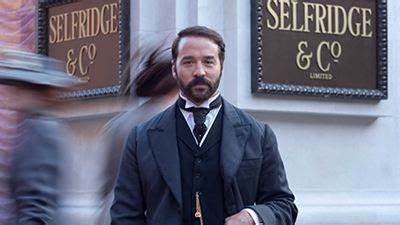
The faux Harry Gordon Selfridge

By Megan McKinney
Remember the PBS series Shopping, Seduction & Mr. Selfridge? Well, not only was Harry Gordon Selfridge a real man, but before moving to London he also lived in Chicago —in a house on Lake Shore Drive where 1430 is today.
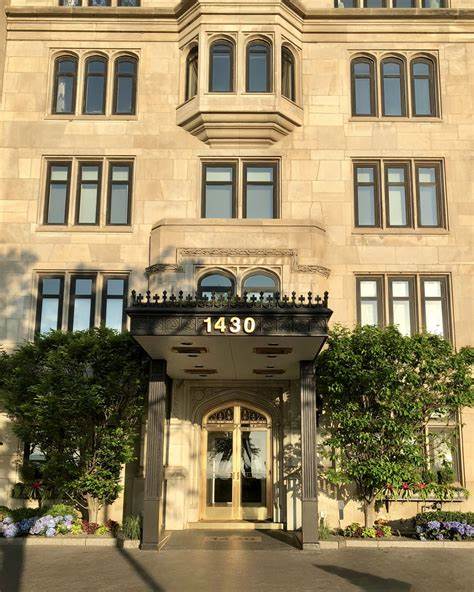
We find the facts of his biograhy so special we are going to spend several weeks this winter studying Harry, his life, his amazing career and why he was so special. But we are getting ahead of the progression of his story. First we need to go back to the beginning of his life—the mid-19th century.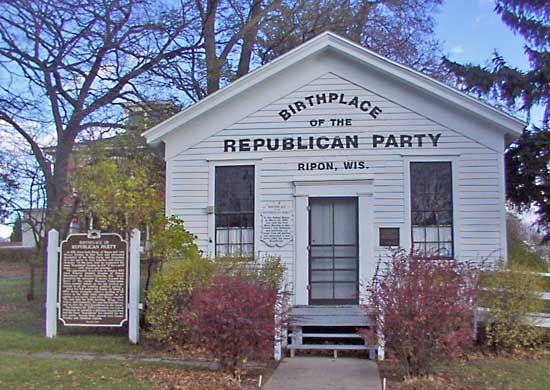
Nineteenth Century Ripon, Wisconsin
Harry was born to Lois and Robert Selfridge—their third son—in Ripon, Wisconsin in 1856 or 1858 (he reduced the numbers in his age and increased those in his height off and on throughout his life). Whatever the year, it was not long after the birth of the Republican Party in the same little town.

Much was happening with the young family. Robert had an opportunity to buy a general store in Jackson, Michigan, so there was a 250-mile move. The store did well, but the Civil War began, and Robert joined the Union Army, rising to the rank of major. The death of his and Lois’ eldest son, Robert Jr. was followed within months by the loss of their second boy, Charles, both brutal shocks to Robert and Lois.
When the war ended and—although he received an honorable discharge—Robert did not return home, it was another shock to Lois, who chose to tell Harry that his father had been killed in action. However, without Robert’s income (the store had been sold), Lois and young Harry were desperately poor.
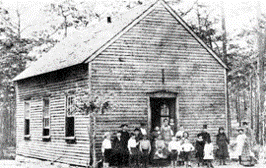
But Lois was able to obtain a job teaching school. The only other happy news is that she and Harry were extraordinarily compatible. They would continue to live together in various places for most of the rest of her life, including throughout his marriage . She even went along on the honeymoon.
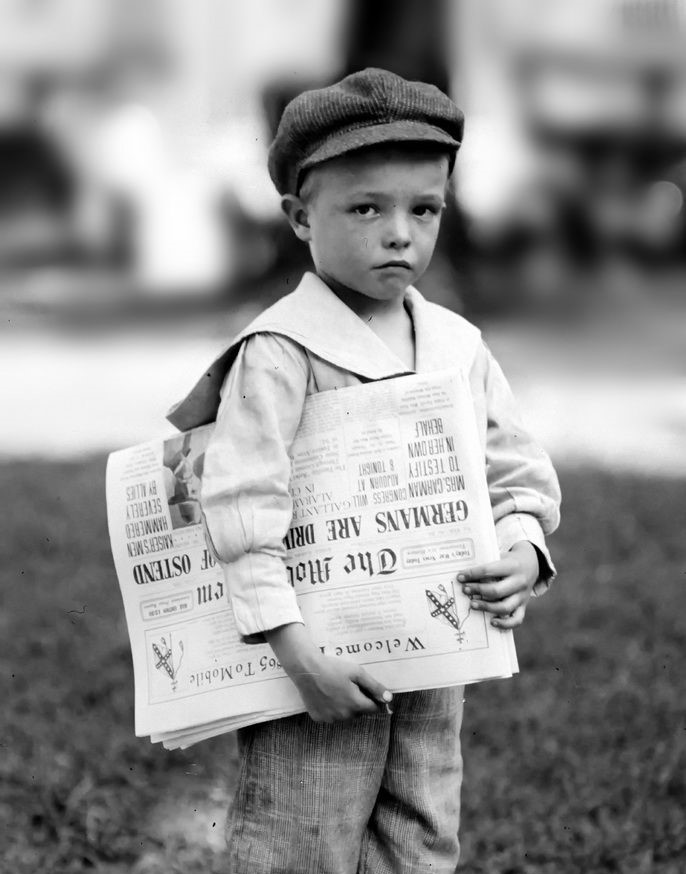
Harry took on what odd jobs he could find, including delivering newspapers like this little boy, to help his mother support the two of them. According to an article about the adult Harry in American Magazine, Harry and his mother would regularly play an upbeat game known as “Supposing.” This is how it went:
Lois would say “suppose when you grow older and have a little position and are making a tiny salary you come home some night and say, ‘Mother, they have advanced my pay a dollar a week.’” The Supposings would keep going, growing bigger and better—but still with enough littles and tinys to remain believable.
Mother and son shared a meager existence, but they were having fun together and she was guiding him in the importance of thinking big. She was also teaching him how related to thinking big were fine manners and good grooming.
As he matured, the jobs went from newspaper delivery to bookkeeping for various companies in Jackson, and he worked for a time in dry goods for Leonard Field, a Michigan cousin of Chicago’s Marshall Field. He also became an entrepreneur with a monthy magazine, Will o’ Wisp, he and friend published. Harry called on local businessmen for advertising, his first brush with an activity that would continue in one way or another for the remainder of his working life.
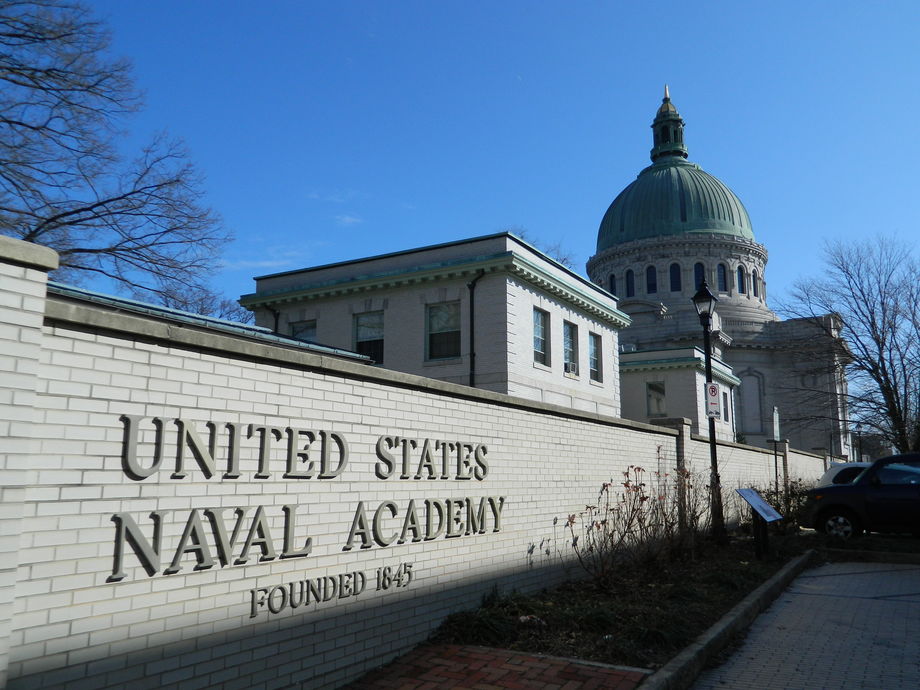
There was a period when Harry decided his long-time career would be in the U.S. Navy. He applied to Annapolis but flunked the physical exam. He was a quarter of an inch too short.
Finally, he considered going to Chicago and possibly launching a career in dry goods. Looking back at his experience with Leonard Field, he thought Marshall’s cousin might give him a reference to the Chicago tycoon.
Join us soon when we continue the story to learn what happened with that idea.
Author photo: Robert F. Carl






